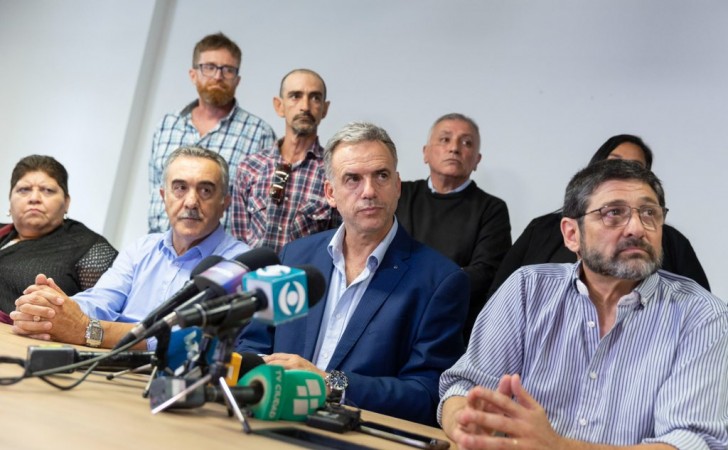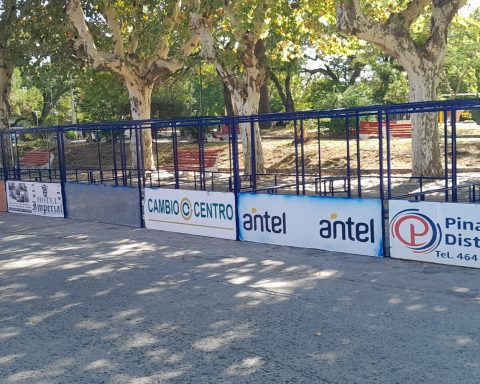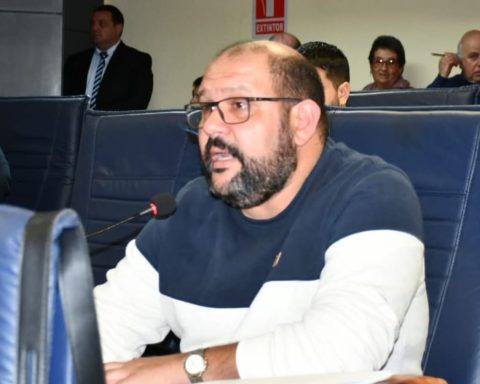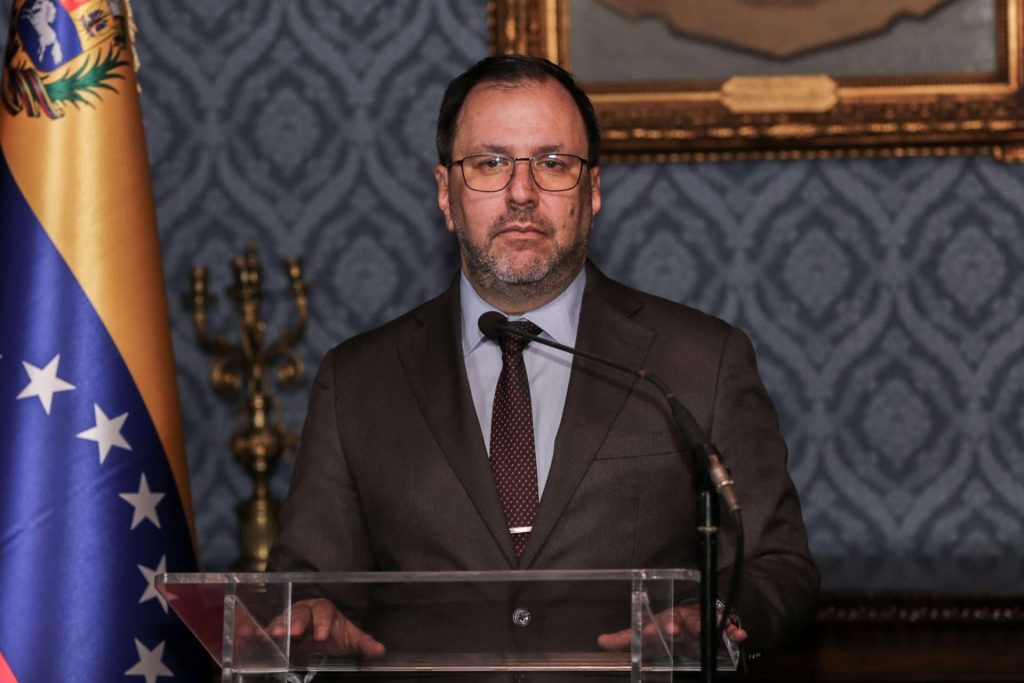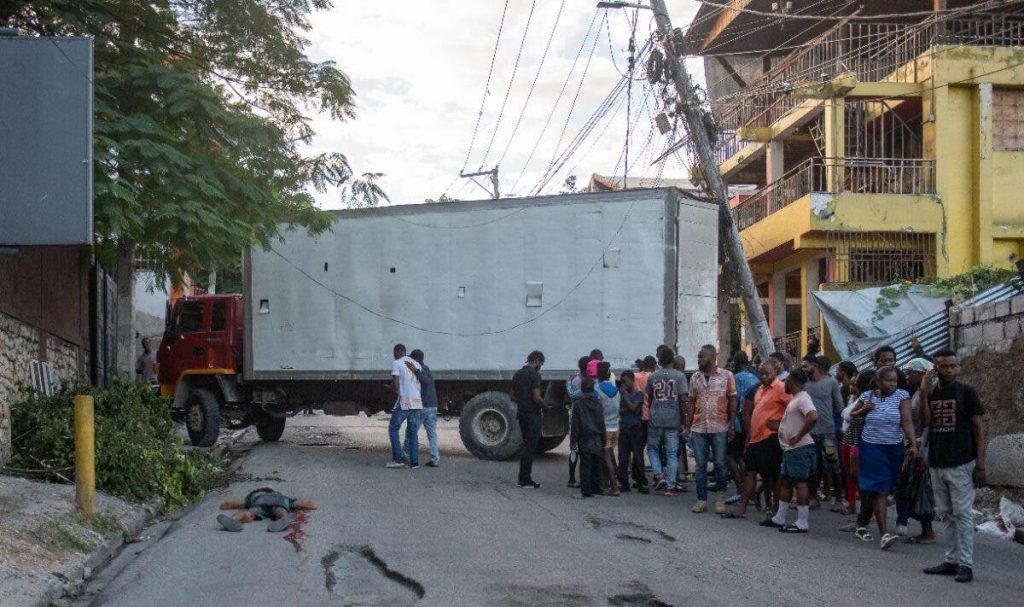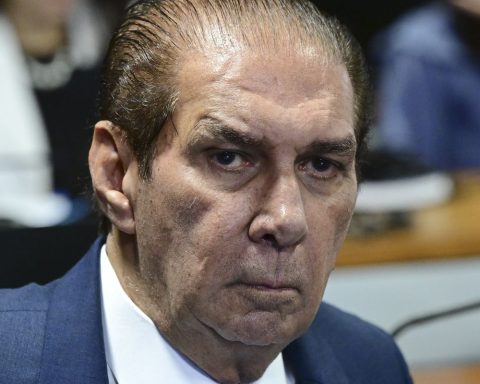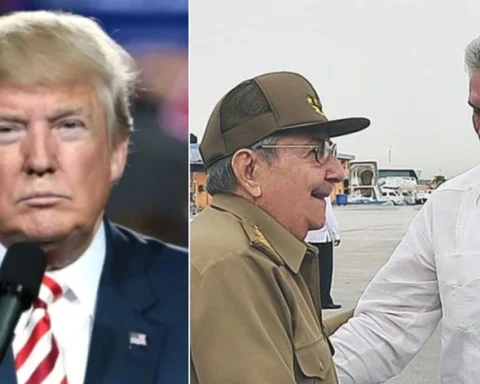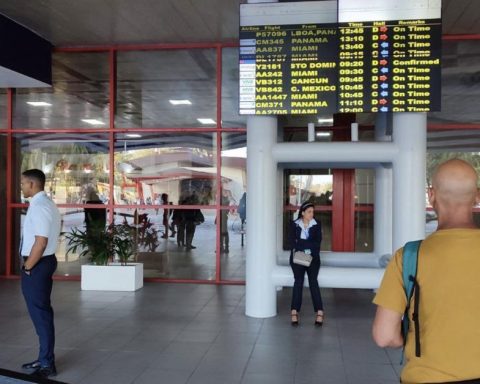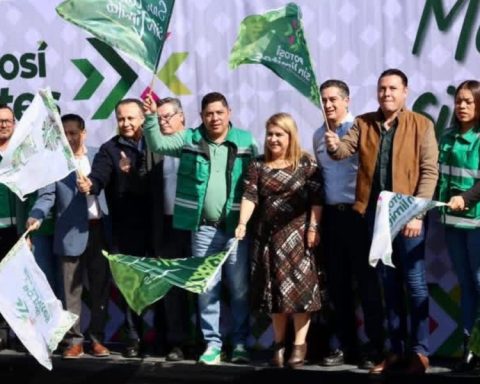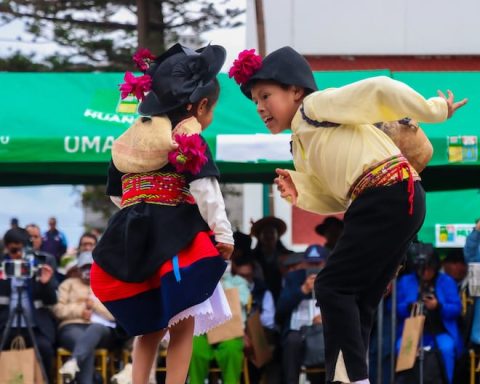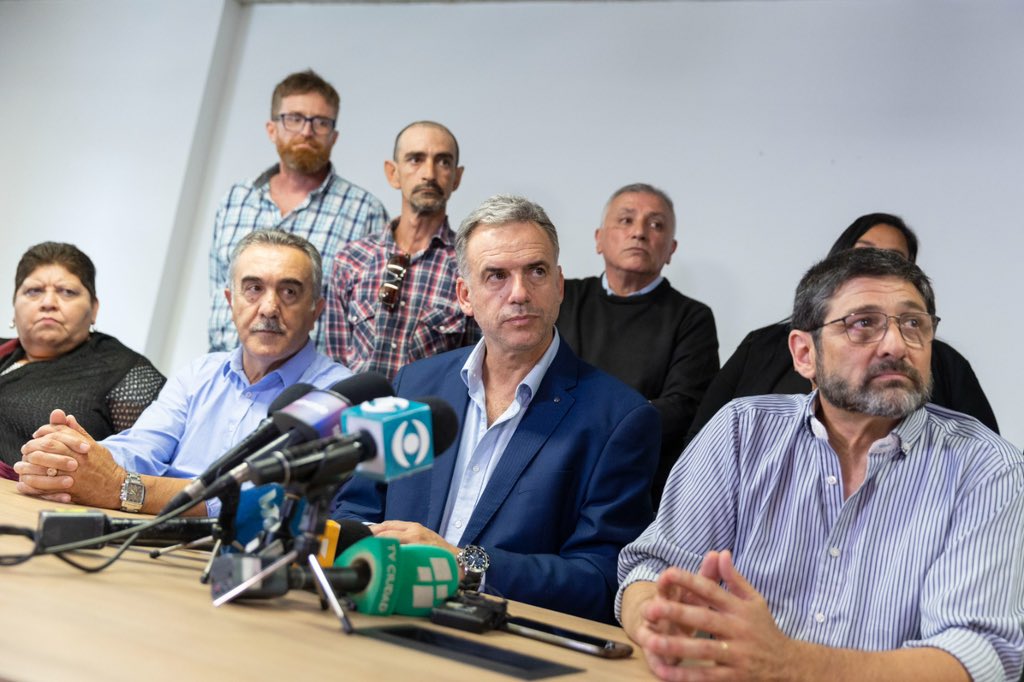
Leaders of the Avanzar Republicano movement have expressed their support for Yamandú Orsi, candidate of the Frente Amplio, ahead of the second round of elections that will take place on November 24. This support is led by Daniel Isi, who has highlighted the importance of transparency and public ethics in the political sphere. “Pointing to the value of transparency, freedom, public ethics, the humanistic sense,” Isi declared during the announcement.
In his speech, Isi emphasized that the Colorado Party has assumed a role of “accompaniment and great identification with Herrerismo,” which, according to him, has diluted the identity of the historic political force. This statement signals a criticism of the direction the party has followed, highlighting the need to return to Batllista principles in the current context.
Isi highlighted that his sector represents a portion of the electorate that does not feel aligned with any of the main blocs in the electoral contest. “We are part of that 5% of voters who did not opt for either of the two blocks that were presented in the election; We proposed to the citizens to break with that binary logic and present other options,” he commented. These observations underline an intention to diversify the political spectrum in Uruguay.
Aspects of the government program
The decision of Avanzar Republicano to support Orsi is based on the coincidence of positions, as well as on the appreciation of his management at the head of the Canelones Municipality. During the announcement of his support, Isi emphasized his identification with Orsi due to the aspects that are shared between both programs. Orsi’s administration is considered a positive factor in the assessment made by this political group.
The leaders of Avanzar Republicano have addressed issues such as liberalism and humanism in their government proposal. “Taking into account the government program that we proposed to citizens, liberal and humanist, with deep social sensitivity,” Isi explained. The mention of principles of transparency and public ethics suggests that these have been considered crucial in the evaluation of Orsi’s candidacy.
Support for a candidate from the Frente Amplio, in this context, raises a reflection on the political dynamics in Uruguay. The decision to form alliances could open space for a broader debate and the possibility of addressing issues of social interest from different political perspectives.
